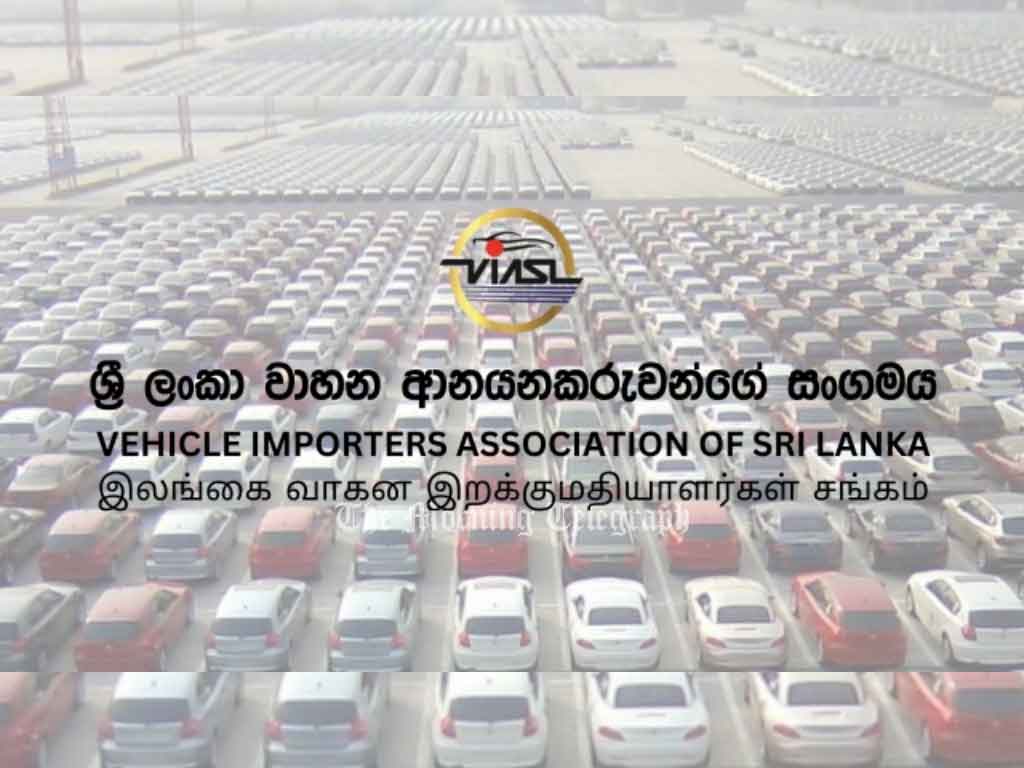
Colombo – The Sri Lanka Vehicle Importers’ Association has launched a blistering attack on the government’s management of the recently revived vehicle import sector, accusing authorities of gross mismanagement and demanding immediate leadership changes to salvage the crisis-hit industry.
In an unprecedented move, the association has directly appealed to President Anura Kumara Dissanayake to replace what they call “ineffective” deputy ministers currently overseeing the sector, claiming their incompetence has derailed the much-anticipated reopening of vehicle imports after a five-year ban was lifted on February 1.
Bureaucratic Paralysis Grips Sector
Industry representatives revealed shocking details of systemic failures plaguing the import process. The Customs Department remains in a state of confusion, lacking clear operational guidelines from the Finance Ministry despite official approval for imports. Multiple shipments already docked at Hambantota Port face indefinite delays due to abrupt policy reversals, while quality certification bottlenecks that crippled last year’s electric vehicle imports have resurfaced unchanged.
Senior association member Keerthi Gunawardena described a system in complete disarray: “We’ve been granted permission to import, but the actual clearance process has collapsed. It’s like being handed a ticket to a show that never starts – our goods are here, but we can’t move them.”
Mounting Economic Consequences
Association Secretary Prasad Kulatunga warned the ongoing paralysis is triggering severe economic repercussions. Importers are bleeding money through massive demurrage fees on stranded shipments, while unpredictable supply chains are causing wild price fluctuations in the local market. Perhaps most alarmingly, international partners are beginning to question Sri Lanka’s viability as a trade destination.
“The Finance Ministry’s chronic indecision is turning what should be an economic revival into a disaster,” Kulatunga stated. “Each day of delay compounds the financial damage exponentially.”
Desperate Plea for Competent Leadership
The association’s extraordinary public appeal underscores their growing desperation. Their statement minced no words: “We need deputy ministers who actually understand this sector and can make timely decisions. The current leadership has demonstrated neither the capability nor the will to resolve these critical issues.”
Economic analysts view this public challenge as symptomatic of broader private sector frustration with the government’s economic management. With thousands of jobs and millions in potential revenue at stake, industry watchers warn the vehicle import fiasco could have ripple effects across Sri Lanka’s fragile economic recovery unless immediate corrective action is taken.
As the standoff continues, all eyes are on the President’s Office to see whether it will heed the industry’s plea for competent leadership or allow the chaos to further erode business confidence in Sri Lanka’s economic governance.




